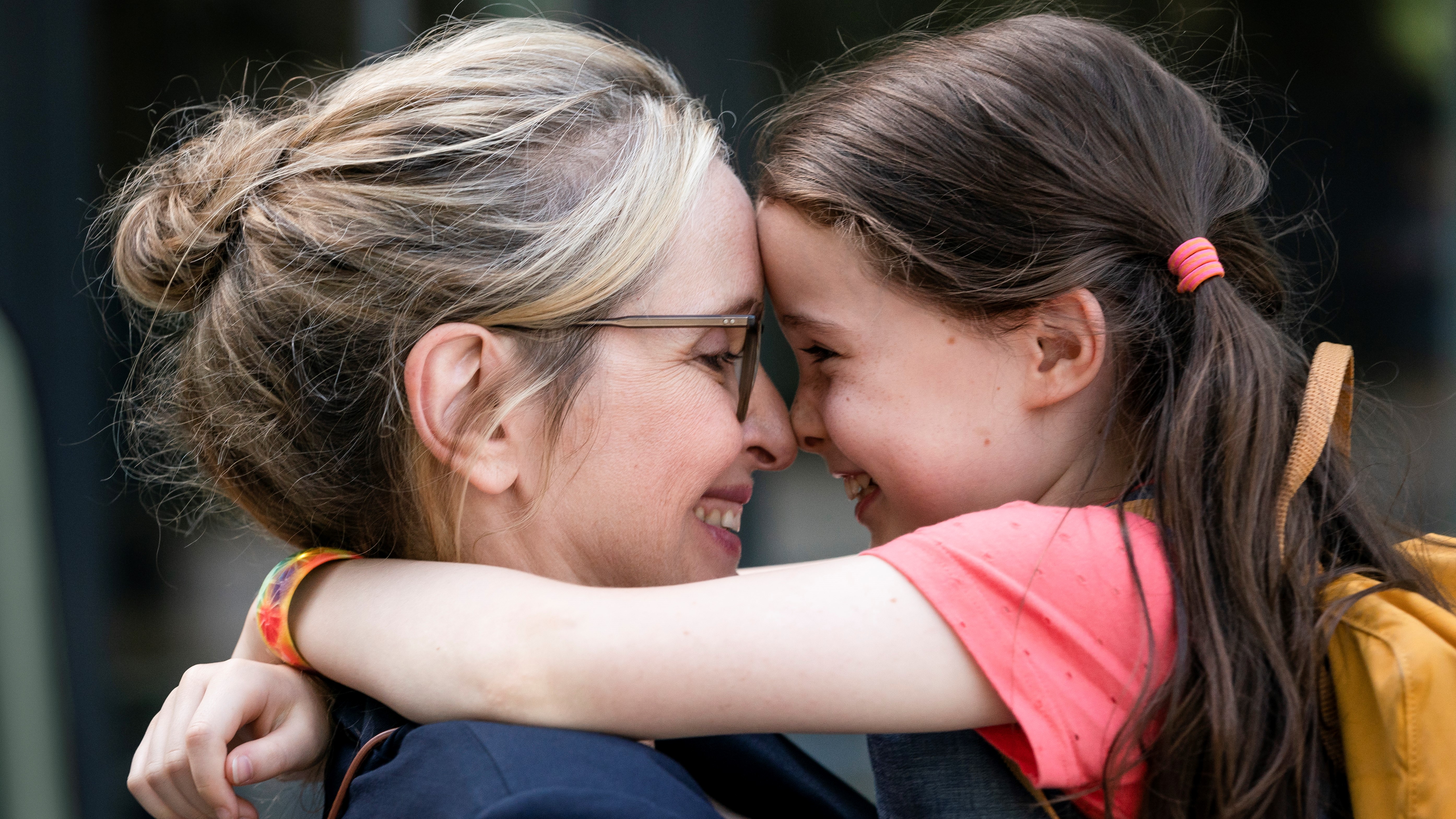What to Watch Verdict
'My Zoe' is such a confused mess of pretension and anticlimax that it’s hard to recommend as anything but a showcase of wasted potential.
Pros
- +
🔸Compelling family drama in the first half.
- +
🔸Interesting premise in the second half.
- +
🔸Julie Delpy knows how to pull gripping performances from her actors.
Cons
- -
🔸The film raises questions it has no interest in answering.
- -
🔸The plot takes its ball and goes home with a weak epilogue.
This review contains mild spoilers for My Zoe.
One has to wonder what writer-director Julie Delpy was trying to achieve with My Zoe. It’s obviously a dramatic piece that allows its performers, including Delpy herself, a dramatic playground to explore the emotional wreckage of unbearable tragedy, so I can understand that kind of artistic impetus. However, My Zoe pretends at a great philosophical quandary that it seems to have no interest in resolving, instead creating the illusion of conflict that ultimately comes to no substantive conclusions before abruptly ending. So why raise those questions in the first place?
Of course, if you go into My Zoe without foreknowledge, you might not ever suspect the film has more up its sleeve. The movie's first half finds working geneticist and mother Isabelle (Delpy) navigating the difficulties of a shared custody agreement of her seven-year-old daughter Zoe (Sophia Ally) with her emotionally abusive ex-husband James (Richard Armitage). As Isabelle struggles to get a fair proportion of time with Zoe, the little girl falls mysteriously ill, resulting in hospitalization as she falls into a coma, drawing into focus the dysfunction of Isabelle’s and James’s relationship and forcing them to make some tough choices concerning their daughter’s life.
This first half is where the writing and acting are at their strongest, as Delpy and Armitage give performances that strain the boundaries of civility for the sake of their daughter, only to collapse under the weight of potentially losing her. James is a terribly unsympathetic character, but his possessiveness of Isabelle and Zoe is the very believable, self-deluded trait of a man who cannot understand how Isabelle’s emotional life doesn’t revolve around him. Meanwhile, Isabelle is perpetually exhausted by her inability to leave James completely behind, but is so completely devoted to her daughter that it’s worth it, as her time with Zoe is the only time she truly seems happy. It’s a compelling conflict to see performed with such naturalism by such skilled actors, but that drama becomes quickly overshadowed as the other shoe drops in the second half.
It isn’t terribly obvious at first, but My Zoe takes place in the near future, with technology that slightly surpasses our present capabilities. The moment the film starts highlighting those differences, it subtly shifts focus into the realm of science fiction hypothesis. Isabelle takes some of Zoe’s cells as the girl is dying and flies to Russia to enlist the help of a controversial in vitro fertilization expert, Thomas Fischer (Daniel Brühl), in cloning Zoe. This is the unique selling point of an otherwise fairly conventional drama, and if you are aware of that twist going in, it seems strange that the film would be so reticent to jump right into the high concept.
Sadly, seems that Julie Delpy doesn’t actually have much interest in exploring the ethics of cloning, despite the film’s obligatory circular conversations about whether or not Isabelle's actions are justified. A lot of attention is paid to the strain that Thomas’s ambition places on his marriage to his wife (Gemma Arterton), but every question raised about Isabelle’s justification for bringing her daughter back to life is continually delayed an answer in favor of plowing the plot forward. It’s interesting in theory, as Isabelle’s obsession literally takes over her body with her new pregnancy and the chronically unreasonable James somehow ends up with legitimate objections to her plan, but the film doesn’t have anything to say in how it frames its central arguments, allowing them to present themselves with the limp banality of a disinterested college student rattling off a well-studied text.
This philosophical apathy becomes most apparent in the film’s coda, which is presented as a happy ending but completely disregards every point of argument with a dismissive shrug that doesn’t even give all its key players the satisfaction of complete arcs. My Zoe simply runs out of steam. It lacks new things to say long before it was over and cannot think of new ways to say them, so it simply quits. It’s a shame, because Delpy clearly has talent as an actor’s director, pulling compelling work from herself and her cast even as her script spirals into banality. But the screenplay is such a confused mess of pretension and anticlimax that it’s hard to recommend the film as anything but a showcase of wasted potential.
The latest updates, reviews and unmissable series to watch and more!
My Zoe releases on VOD on February 26, 2021.
- The best Amazon Prime movies
- Amazon is right: You don't own your digital media
- The best shows on Amazon Prime
- New movies on Amazon Prime
Leigh Monson has been a professional film critic and writer for six years, with bylines at Birth.Movies.Death., SlashFilm and Polygon. Attorney by day, cinephile by night and delicious snack by mid-afternoon, Leigh loves queer cinema and deconstructing genre tropes. If you like insights into recent films and love stupid puns, you can follow them on Twitter.



